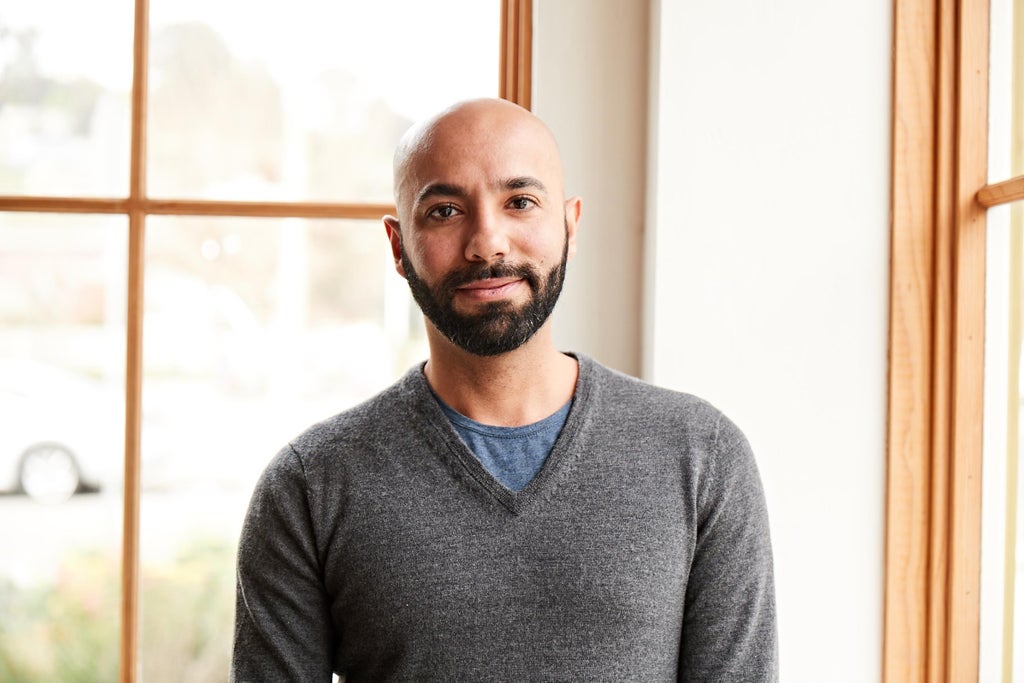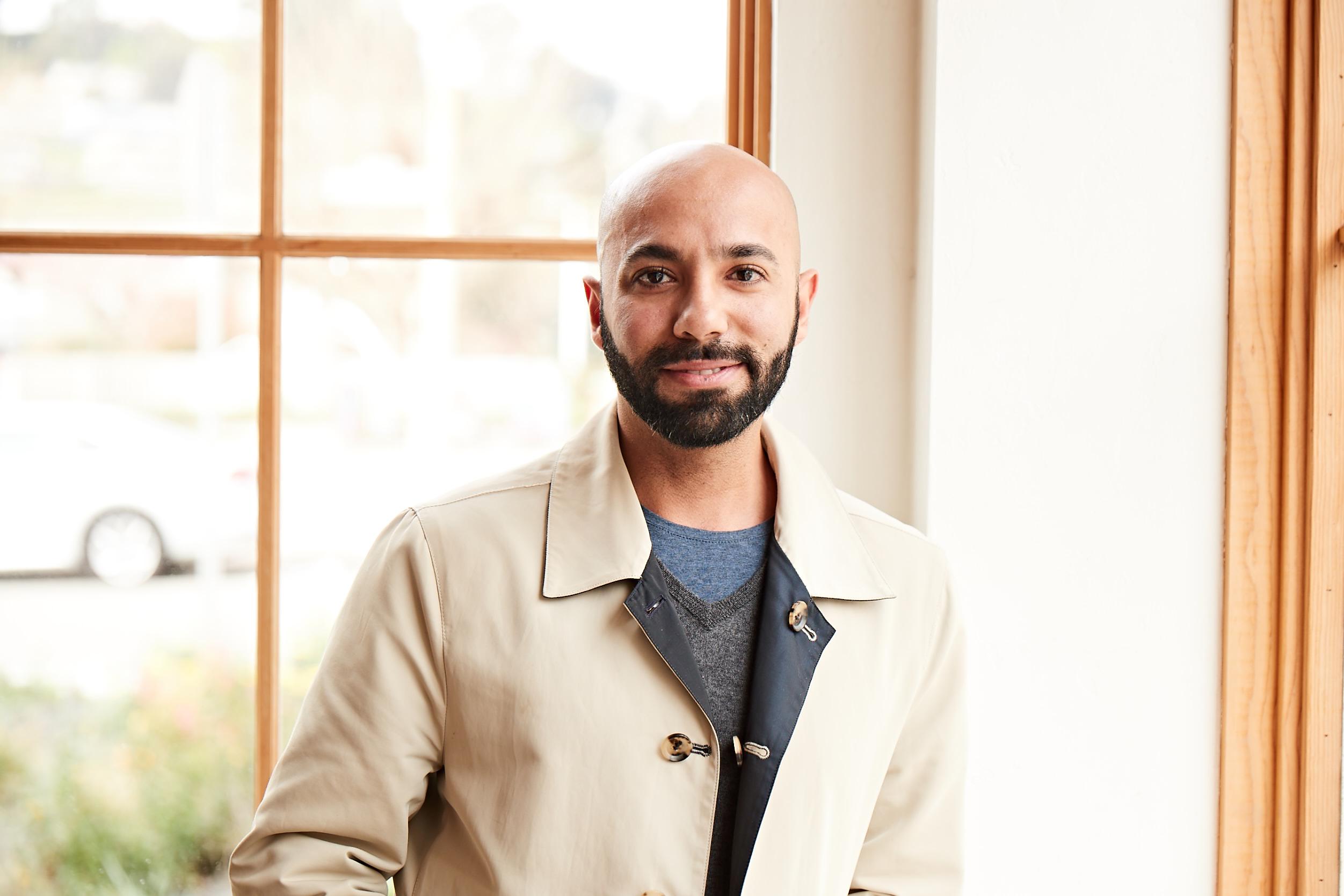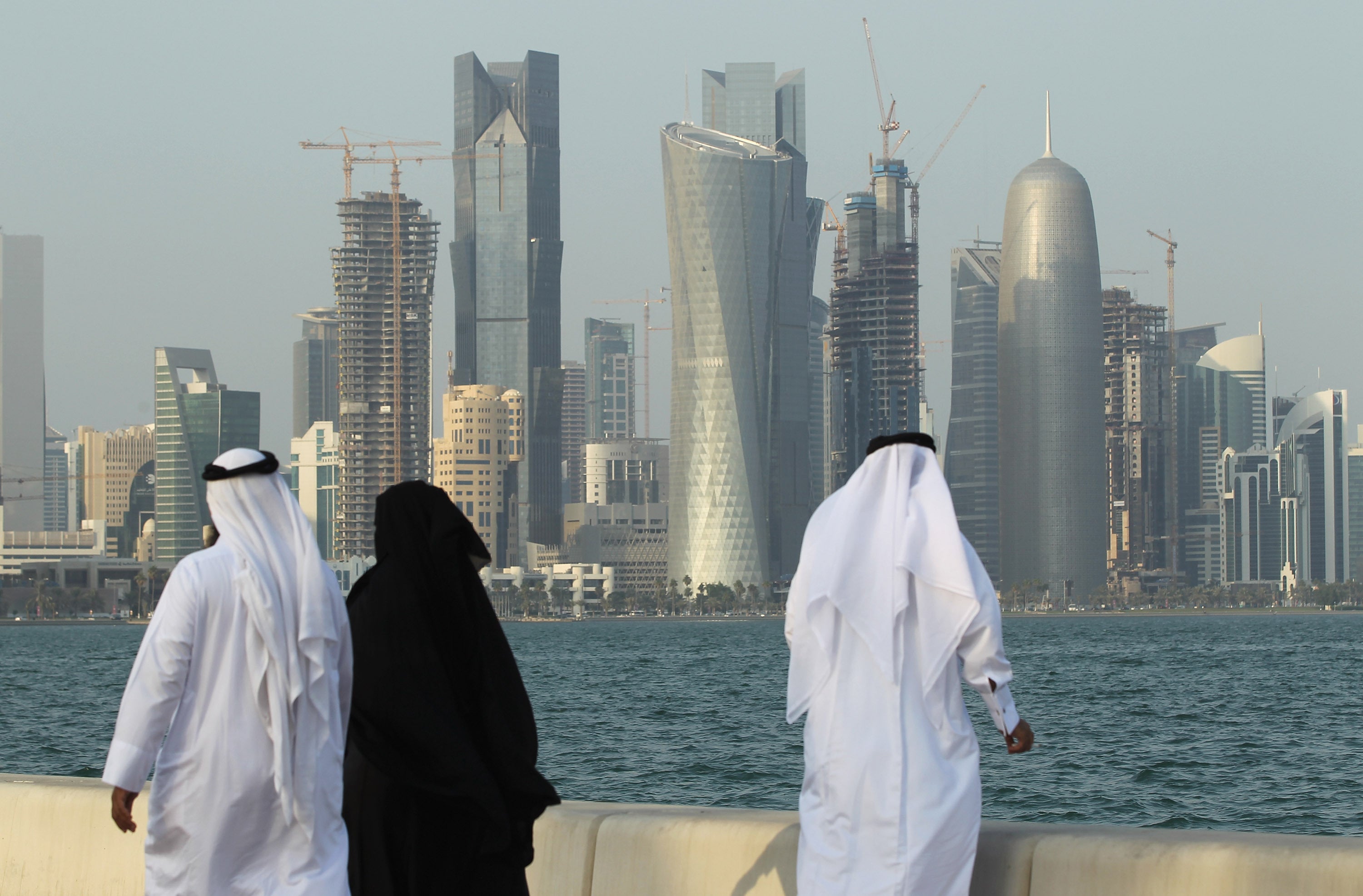
The moment Nas Mohamed knew for certain he was gay, he panicked.
“I walked into a gay club and I knew I was 100 per cent gay,” he tells The Independent. “I went home and cried – I thought my life is in crisis. I thought I was going to go to hell, my life is damned.
“That was the main thing. And then I thought about the risk of anyone finding out. I genuinely feared I would be killed if anyone knew.”
Nas, 35 this month, is Qatari.
Homosexuality in the Gulf state is illegal. Same-sex relationships are outlawed and carry a punishment of several years in jail. Qatar is one of almost 70 countries identified by the International Lesbian, Gay, Bisexual, Trans and Intersex Association which criminalises consensual same-sex activity.
Aside from the illegality, the social pressures on any Qatari suspected of being LGBT+ are many.
Gay Qataris live in the shadows in constant fear of their secret becoming public, being detected, entrapped or harassed by police and security services. If exposed as LGBT+, they face social shaming, permanent ostracisation from friends and family, severe risks to their mental health, the threat of violence, or worse.
Despite all this Nas has made the decision to come out in the media, possibly the first Qatari to declare himself as gay to the public and not just a few trusted friends.

“I do not wish to be anonymous,” he says over the phone from San Francisco, where he now lives, and works as a physician. He is seeking asylum because he says he does not feel safe returning to the Gulf.
It is entirely his decision to come out and is something he had considered for some time before taking the plunge.
Nas understands the personal cost that will almost certainly result from going public. Any chance of reconnecting with his estranged family will be lost; his family could be publicly shamed, he claims, but likely to distance themselves from him even further. Any chance of returning home to Qatar ever again is unlikely.
But he insists he made the right decision.
“I already lost everything – my citizenship, my family and my financial security in Qatar. For us to change things for LGBT+ Qataris, we need more people to come out.
“Referring to us by anonymous names without faces enforces the view that we are doing something wrong that we need to be ashamed of.
“I would like to share my views with my name, as a physician and as a Qatari citizen that still has parents and siblings in the country. They need to know I am one of their own and am not a ‘western agenda’ as they refer to us,” he says defiantly.

Among the many charges levelled at LGBT+ Qataris is one which claims they are “pawns” of the west, trying to force “abhorrent” views on an established religious, conservative culture. This is strongly denied, not only by Nas, but other gay Qataris who argue they merely want to seek acceptance from their own country.
The issue of homosexuality in the Gulf has long been in the spotlight but has been pushed centre stage by the fact that Qatar will host football’s World Cup, arguably the biggest sporting event in the world, starting in six months’ time.
Qatar has come under exceptional criticism, especially for its human rights treatment of migrant workers. And in recent months, there has been an examination of the country’s law on homosexuality and treatment of its LGBT+ community. Doha has attempted to counter accusations by claiming it is a relatively progressive country in the region.
Tournament organisers in the Gulf have reassured that the country will welcome all the expected 1.5 million visiting football fans during November, regardless of their sexuality, have failed to satisfy critics abroad and – crucially – left LGBT+ Qataris furious that others could be accommodated for a month before normal restrictions return after the footballing circus moves on.
It is clear that the issue will provide a friction point up to and throughout the tournament. Protests and gestures are likely from fans and players when the World Cup kicks off.
But for Nas and those like him in Qatar and the wider Gulf, the struggle will continue for far longer than three weeks in front of the world’s TV cameras.
“There’s a lot of gay people in Qatar,” says Nas. “I didn’t realise how many people were gay in Qatar until I moved to the States. They were comfortable coming out to me.”

He adds: “But I haven’t met anyone who is publicly out as a gay person in Qatar.”
Rights campaigner Peter Tatchell calls Nas’s decision to go public “groundbreaking”.
“As far as I know, Nas is the first gay Qatari to identify himself publicly and give a media interview. He is shining a light on the homophobia of the Qatar regime, showing why Fifa should have never given the country the right to host the World Cup,” he says.
“The oppression Nas identifies is the common experience of LGBT+ people living in most Arab and Muslim nations.”
‘I could not conform’
Nas says he grew up “extremely religiously”.
“I memorised the Quran by heart, I was very devout and was very academic.”
It wasn’t until his early teenage years that he started getting “boy crushes”, but this left him confused rather than certain of his sexuality.
“I didn’t have the internet; there were no gay public figures. I was really confused – I didn’t know what was going on.”
This confusion is not something unique to LGBT+ people in Qatar, but the repressive nature of the country is something more particular.
Nas says he could not confide in anyone, nor date. He speaks of gay conversion therapy centres operating in the country, and growing up where a “male, macho, righteous and misogynistic culture” is “celebrated”. It was only on a trip as a medical student to Las Vegas, of all places, in his early twenties and the visit to a gay club that he was certain about his sexuality.
He eventually told his parents, who initially feared, Nas says, he was going to tell them he planned to marry a non–Qatari.

“I told them I was gay and that I could not conform to the way other people live in Qatar. They were very upset. Their initial reaction was to try and find treatment for me,” he says.
Nas left for the US in 2011, initially to do residency training, but has worked there since and returned only once to Qatar – in 2014 for a weekend – and says he did not feel safe.
By coming out now, Nas hopes, he says, to “bring visibility” and end the “cycle of denial”, not only for LGBT+ Qataris but all those living in the country.
“It’s time to give us rights, we need to be acknowledged and be honest about how we are treated. I don’t think anyone can make a difference except Qataris,” he says.







